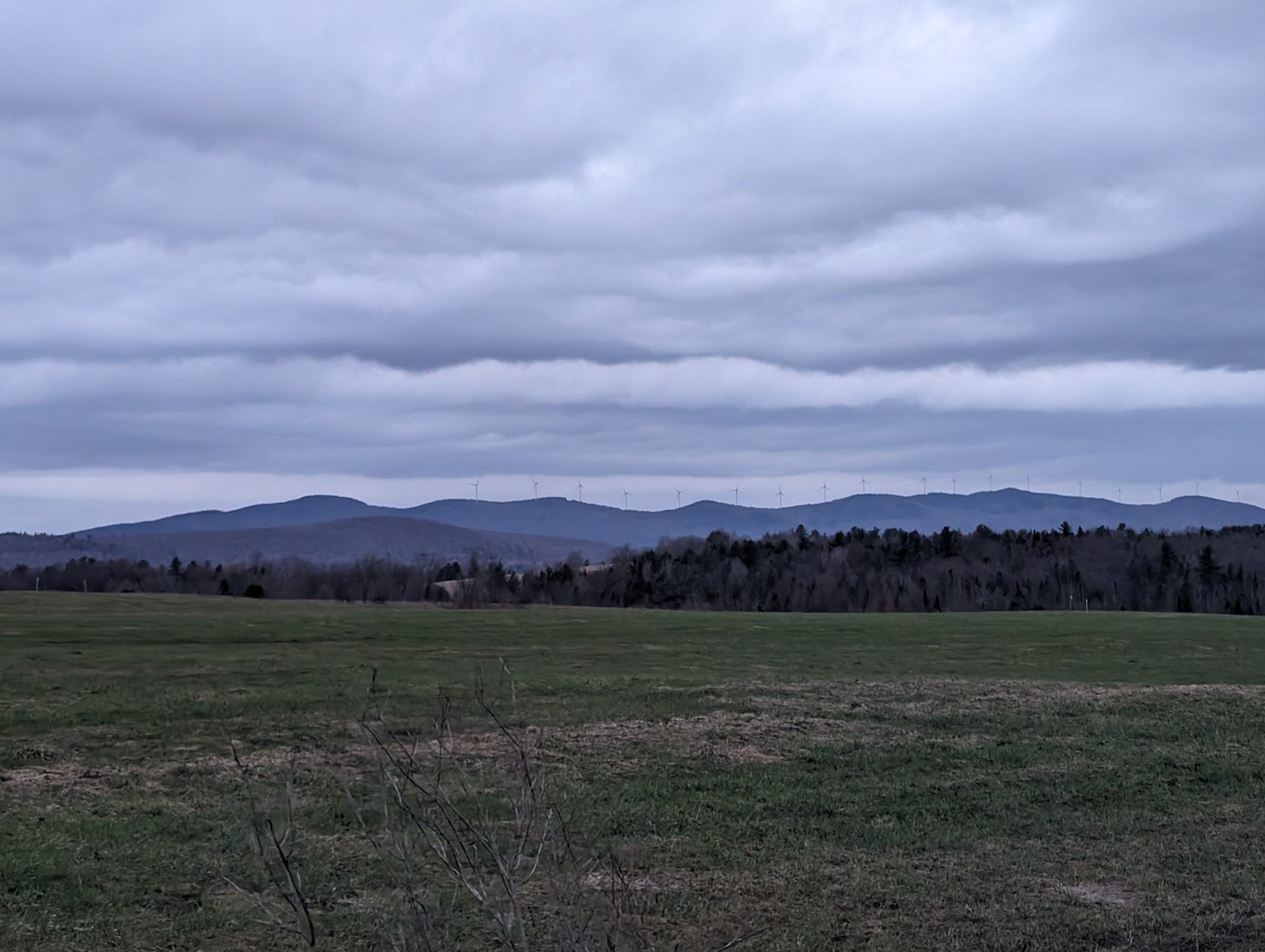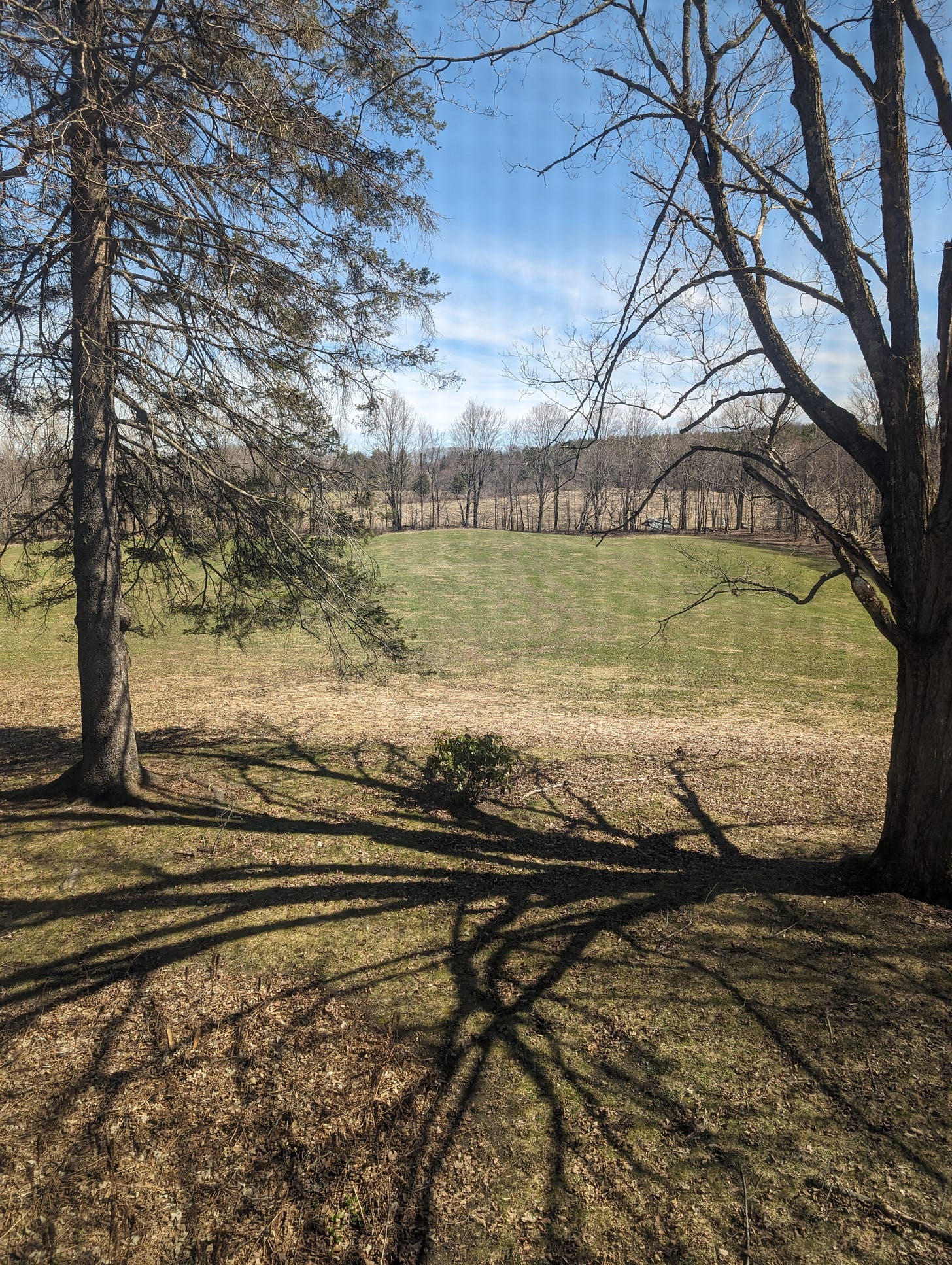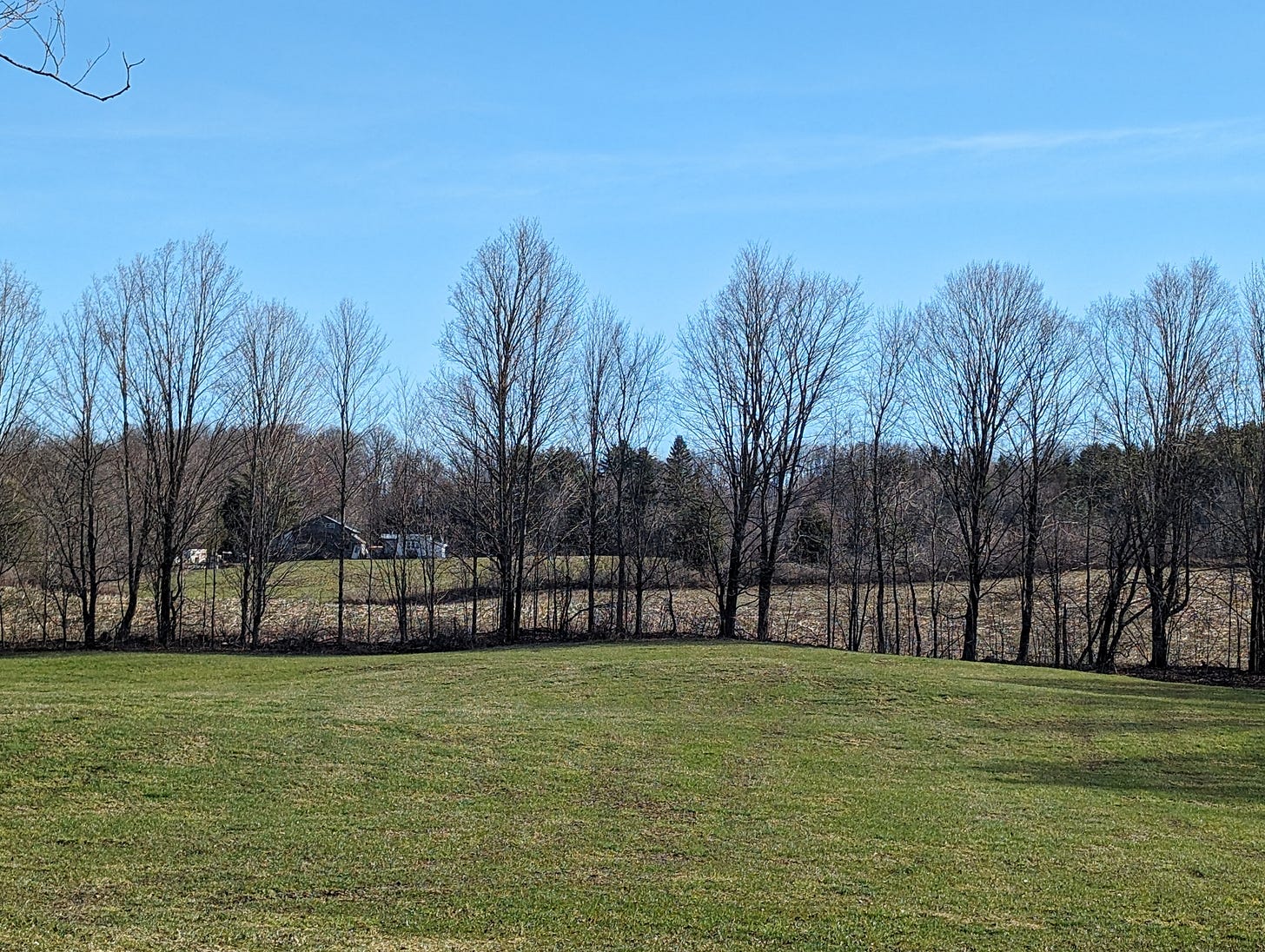The Good And True Shepherd
Religious harm and when the hired hands fail us
Fourth Sunday of Easter
I am the good shepherd. The good shepherd lays down his life for the sheep.
The hired hand, who is not the shepherd and does not own the sheep, sees the wolf coming and leaves the sheep and runs away--and the wolf snatches them and scatters them.
The hired hand runs away because a hired hand does not care for the sheep.
I am the good shepherd. I know my own and my own know me, just as the Father knows me and I know the Father. And I lay down my life for the sheep.
No one takes it from me, but I lay it down of my own accord. I have power to lay it down, and I have power to take it up again.
John 10:11-15, 18
The Backstory of Religious Harm
The term “religious trauma” may be relatively new in the lexicon, but the phenomenon of religious harm is anything but, and it shows up in our gospel reading today.
Our reading in John 10:1-18 follows one of my favorite stories in John, the healing of the blind man in John 9. In fact, this teaching from Jesus about himself as the Good Shepherd is part of the same scene. I won’t go super deep into that story today, but the jist is that there’s a man blind from birth in a time when it was more popular to blame diseases as being a result of sin, Jesus heals him, and this causes conflict with the religious leaders, who themselves cannot spiritually “see.”
So, the stage of Jesus talking about being the Good Shepherd is in the context of religious harm and spiritual abuse by leaders, less-than-stellar shepherds. Jesus contrasts himself with two types of people: thieves and hired hands. The thieves are the ones who actually have malicious intent, while the hired hands just run away when the wolves come instead of protecting their sheep. Neither gets a glowing review. And we’ve seen thousands of years after this story how many times God’s flock is betrayed over and over by thieves and hired hands among leaders.
I used to do storytelling in Los Angeles, and John Flynn, a storytelling coach (think Moth-style) would say that you have to tell stories from your scars, not your wounds. And the same is true of preaching, I think. And that would be hard for me today. I know many people reading here have experienced religious harm in the past, and some wounds still have not healed enough to be tellable stories. And we may still be angry at the hired hands out there in the world. All I can say is I hurt as well from my own stories that are still wounds.
I have become a fan of Aaron Hann’s work. He writes often about spiritual abuse and the Gospel of John, and has written several excellent pieces on John 10: The Dynamic of Spiritual Abuse, Christ’s Response (Dynamics of True Shepherding), and three more (parts one, two, three). There’s a lot of good stuff in there that was hard-earned painful wisdom. I especially appreciated this guiding thought:
In walking alongside survivors of religious trauma, it is very tempting to focus the light on the darkness. But the darkness of spiritual abuse is first clarified and then outshined by the brightness of the Good Shepherd, and without continually redirecting our gaze to the True Light, our lights grow dim
So let’s do that.
The Good Shepherd
There’s nothing fancy here. To me, this Sunday is more about remembering that there is only one true Good Shepherd. 1 Peter 5 says church elders are called to be shepherds under the chief shepherd, which is where the name “pastor” comes from. But there is only one Good Shepherd. Even in this role, as I am learning every week less than a year into my country pastorate, I can only be a pastor to the extent that I can be a sheep trying to hear his voice. (By the way, I really appreciated this essay from Zoe Curzi on the role of sheepdogs in a community:)
How do we better listen for Christ’s voice? Again, this is not rocket science week. This is exactly why we practice spiritual disciplines, not to become self-righteous, but to better hear his voice through reading Scripture, prayer, serving one another, and devoted loving worship together. And as far as Scripture goes, nowhere is Jesus more clear on who he is and how he is as the Good Shepherd than here.
According to Jesus, he:
Knows his sheep
Loves his sheep
Cares for his sheep
Calls his sheep by name, as individuals, knowing us and loving us in our individuality. As the academic theologian F.F. Bruce said of shepherds in his time, “All that was necessary was for the shepherd to stand at the entrance and call, and his own sheep would recognize his voice and come to him. Not only so, but the flock would be small enough for him to know each of his sheep individually and distinguish them by name. The name might be based on some special mark or feature.”
He takes ownership of his sheep, for his sheep belong to him—not to the Church, not to a hired hand, to him.
And as part of this ownership, he lays down his life for his sheep. Not because he’s forced to, but because he wants to. He risks his life by fighting the thieves and wolves who do not give up easily.
To the extent Christians are called to follow Christ’s example and go and do likewise, we are all called to be pastors to each other. We, too, are charged to know each other by name and love each other in our individuality, to care about each other, and yes, sometimes lay down our lives for each other, especially when wolves are at the door.
To the extent that we are all sinners, almost all of us fall short of this standard.
Hired Hands
From a sheep’s perspective, the worst part about hired hands is their imitation of the Shepherd which is anything but flattery. The above traits are things that hired hands won’t actually do but will act like they do, knowing which words to say and paying attention to the concerns that are en vogue.
Hired hands are not just religious leaders, but all the other powers and principalities in the world that pretend like they know you, pretend like they care about you, and want to act like you are in their flock, but as soon as their power is threatened, they’re nowhere to be seen. In our political parties, our ideological movements, our often faux-personal corporate culture, and in most of our subcultures, eventually we discover that they are nearly all run by such hired hands, and this often feels like (and is) betrayal.
But we shouldn’t mistake this as us-and-them. Probably most of us, when we are put in leadership, sometimes act like hired hands out of self-preservation. Again, hired hands do not have malicious intent like a thief, this just means most of us too often ultimately scared and selfish when the thieves and wolves come. And if there’s no decent shepherds with a spine around, you need sheepdogs.
As Curzi’s piece discusses, there are also complexities. Sometimes we make false positives on thieves and wolves. I would say this probably happens most often from among people who are our tribe’s ideological enemies, and we mistake difference of opinion as dangerous. But I think the reverse happens even more often, where we mistake a thief or a hired hand as a trustworthy leader because they say the right things our tribe likes to hear. As a tribe, we often are quick to defend, excuse, and cheaply forgive such leaders, a common theme of Wade Mullen’s work.
Ultimately, I believe the most important thing we can do as a shared flock is keep listening for the call of Christ individually and collectively. The still, small, gentle voice of the Shepherd calling your name, who knows and loves who you really are, who calls us to know and love each other, and who calls us to sacrifice for each other when dangers are at the door. We will not be perfect in this. But we can commit to returning to listen for Christ’s voice to guide us back.
Listening for the Voice
To wrap this up, if you’re still reading, I want to ask you to consider taking some time right now just to listen for the Good Shepherd’s call, to pause where you are and just listen. If you have been in the darkness of religious harm, and especially if it can feel overwhelming some days, see if there are people, moments, and times where his voice of light cuts through the darkness.
And then I want to close with more words from Hann, who reinterprets for us the words of Jesus in our John 10 reading. Instead of focusing only on the darkness, let us hear the call of the Good Shepherd:
You followed me because I called you by name. You followed me because you recognized the voice of the Good Shepherd.
You weren’t just cast out by your faith leaders. You rightfully fled from them because they are strangers and thieves and robbers.
By faith in Me you left an unprotected flock and entered into safe pastures, abundant with life.
The pastures you feed on are fed by the overflowing river of love between Me and My Father in the Holy Spirit from which I lay down my life for you.
You were wrongfully made to bear guilt and shame which really belongs to the wolves, but fear not, I will never leave you or flee when wolves come for you.
No, rather than flee, I take the brunt of wrongful blame and shame by standing in your place so that the wolves’ fangs tear into Me rather than you.
You are not alone. There are other sheep who are lost and hurting as you were, and just as I called you and brought you in, so will I call them and bring them in, and you will all be My flock, and I will be your Shepherd.
Peace be with you in the pastures.






Appreciate the mention, Joe, and for this very balanced reflection on John 10; both comforting and convicting.